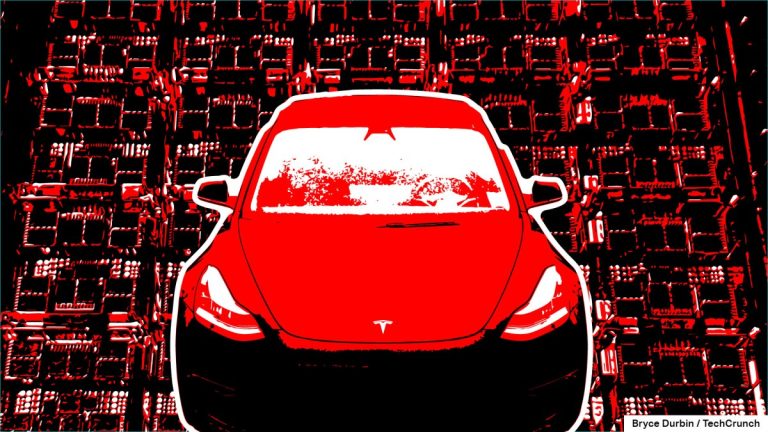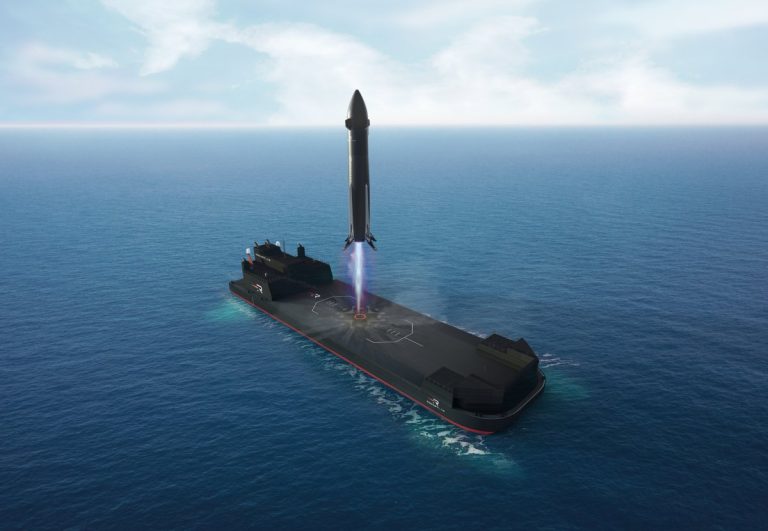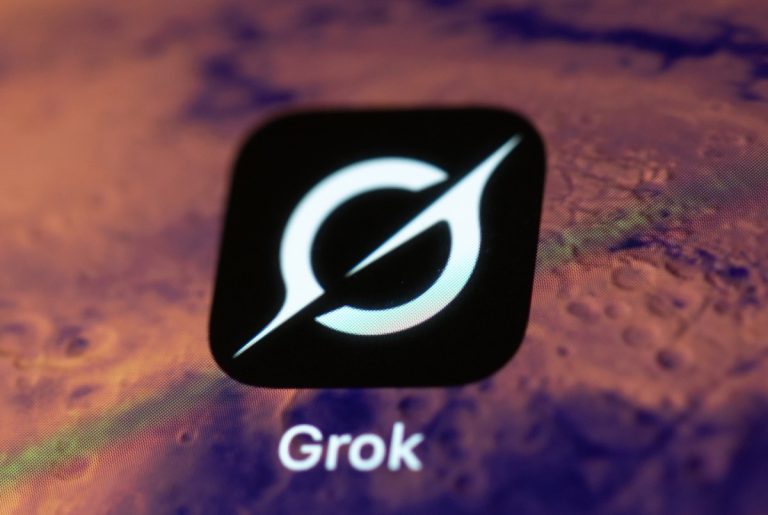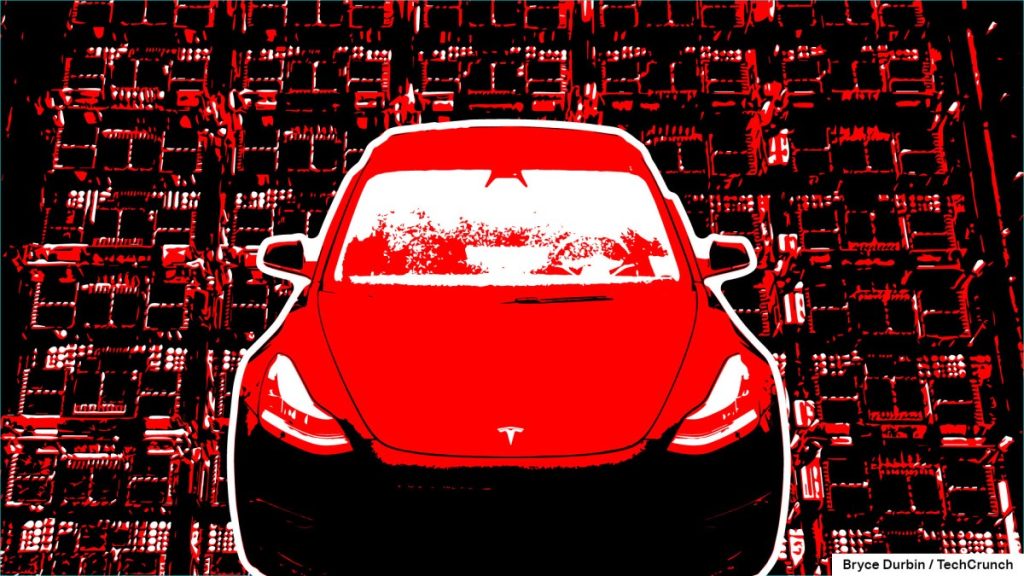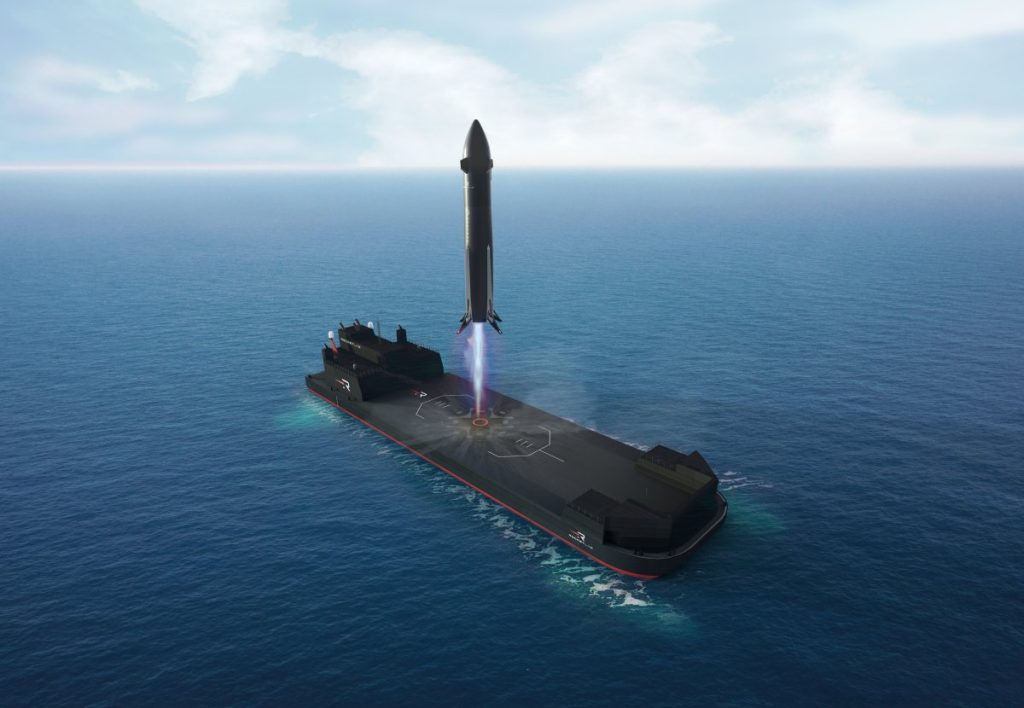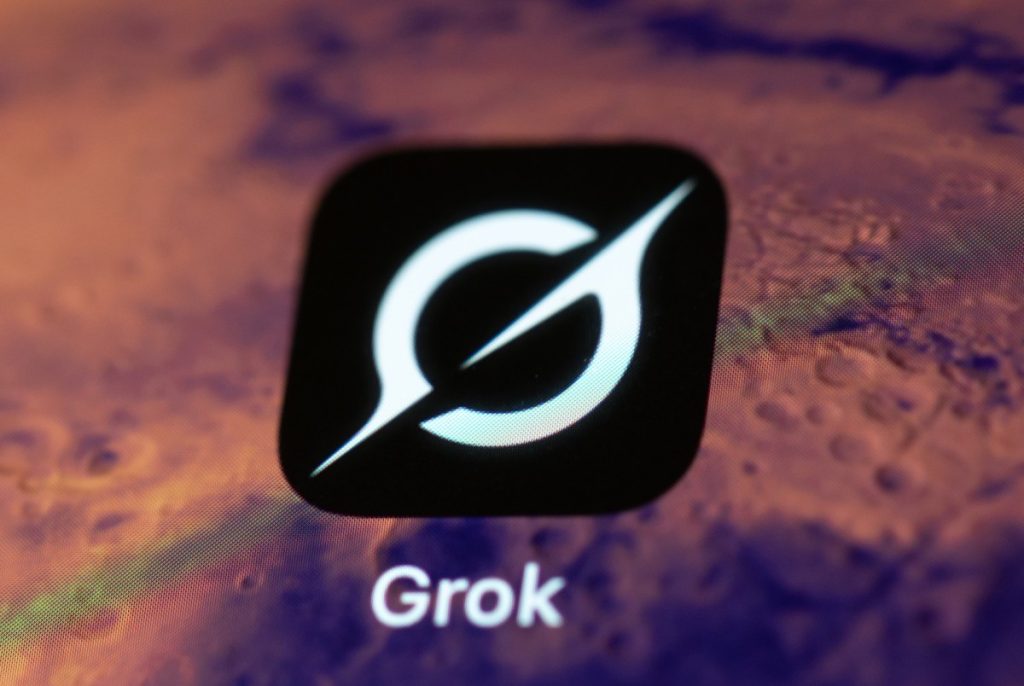South Texas is about to get an unexpected addition to its lunar launchpads and rocket factories: a water pipeline connecting Brownsville to SpaceX’s Starbase. This critical infrastructure project replaces the current system of water trucks shuttling thousands of gallons daily to support the growing orbital hub. While SpaceX claims the pipeline will streamline operations, the fine print reveals complex negotiations over access and control in America’s newest company town.
Construction of the pipeline follows a June agreement between SpaceX and Brownsville’s Public Utilities Board. According to documents, SpaceX will fully fund extending water lines into Starbase’s city limits, which recently incorporated under Texas law. Despite Starbase’s municipal status, Brownsville is treating SpaceX as an “in-city nonresidential customer” – a classification that raises eyebrows given the startup city’s hybrid corporate-municipal identity. Local officials declined to clarify why SpaceX qualifies for preferential water rates typically reserved for businesses within established cities.
“This isn’t just plumbing – it’s a power play,” said a regional infrastructure analyst. “SpaceX is effectively privatizing utilities in a municipality it governs. The water lines may as well be drawn in liquid rocket fuel.”
The stakes became clearer when 40 properties along the Brownsville-Boca Chica corridor suddenly lost county water access this summer. Cameron County officials redirected responsibility to Starbase, but SpaceX’s city administrator countered that the fledgling municipality lacks both legal authority and infrastructure to provide water. Caught in the crossfire, residents received an unorthodox offer: sign perpetual agreements granting SpaceX evacuation rights during launches in exchange for water access. The terms include waivers against legal action for water quality issues and no service guarantees.
Behind the scenes, SpaceX has been building its own water infrastructure since before Starbase’s incorporation. State records show a half-million-gallon storage tank and treatment system supporting 239 residential meters – enough for workers and their families. The new pipeline lifts a 60,000-gallon daily hauling limit, enabling SpaceX to scale housing and amenities without bureaucratic bottlenecks.
Yet SpaceX’s approach to utilities remains distinctly corporate. The company operates Starbase’s water system outside public oversight, requiring no state certification to manage distribution. This means neighboring communities have no automatic rights to tap into the pipeline, and SpaceX retains full discretion over who connects – typically with strings attached.
Local environmental groups warn the setup creates dangerous precedents. “When a single corporation controls both municipal governance and life-sustaining resources, residents become corporate dependents rather than citizens,” noted a Rio Grande Valley water rights advocate. “You’re seeing 21st-century company towns emerge under the guise of municipal incorporation.”
As the pipeline nears completion, questions loom about Starbase’s long-term development. Will SpaceX expand utilities to support non-affiliated residents? Could water become leverage in land acquisition negotiations? For now, the company remains silent on whether plumbing will follow the path of its rockets – strictly business, with no public payloads allowed.


